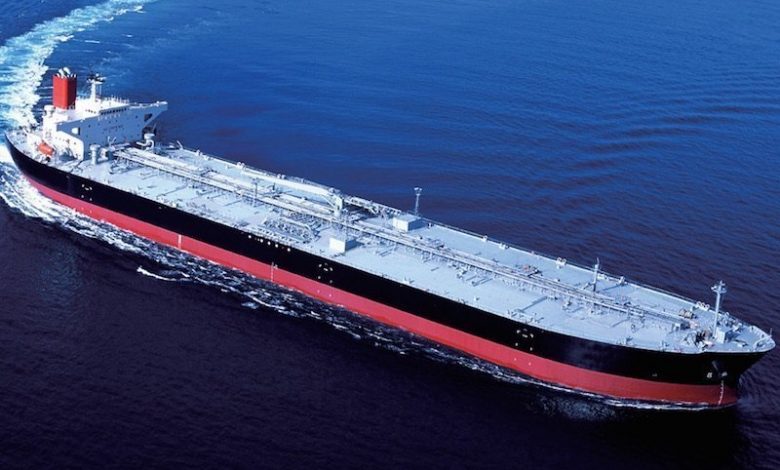
The tanker orderbook versus the extant fleet stands at its lowest point this century, according to new research from UK broker Gibson.
In percentage terms, the tanker orderbook is at its lowest level in two decades, at 7.6% of the existing global tanker fleet over 25,000 dwt, Gibson’s latest weekly report shows.
During the first 10 months of 2019, just over 170 confirmed tanker orders have been placed. Of all segments, MRs (25,000 to 55,000 dwt) have seen the largest interest, with 77 tankers ordered. However, even this seemingly elevated number represents just 3.7% of the existing MR fleet on the water. Investment in other tanker segments has been even more limited.
So far in 2019, 40 aframaxes/LR2s, 28 suezmaxes and 26 VLCCs have been ordered. There have been no orders for panamaxes/LR1s.
Despite a sizeable swathe of the first generation of double-hulled tankers set for scrapping in the next couple of years, Gibson suggests owners have missed the best time to order replacement tonnage.
Newbuilding prices are some 13% to 15% above the lows seen back 2017, potentially limiting newbuilding interest, Gibson stated.
Analysts at Alphatanker, part of AXS Marine, have also been studying the tanker orderbook in its most recent weekly report.
“Looking forward, and assuming that demolition activity again picks up over the next 24 months, the relatively small orderbook will potentially see a period of VLCC tonnage tightness around 2022,” Alphatanker predicted. This expectation is also driven by projections for increasing ton mile demand coming from an increase in long haul trade over the next two years where Alphatanker expects that more and more Atlantic Basin crude will be refined in new refineries in Asia.
The tanker orderbook was scrutinised at last week’s Maritime CEO Forum in Hong Kong where William Fairclough, the new managing director of Wah Kwong Maritime Transport Holdings, told delegates: “Ships that will turn 21 or 22 in the next couple of years is a huge portion of the fleet – but demand is there, so you will get extreme volatility on the lack of fleet replacement.”
